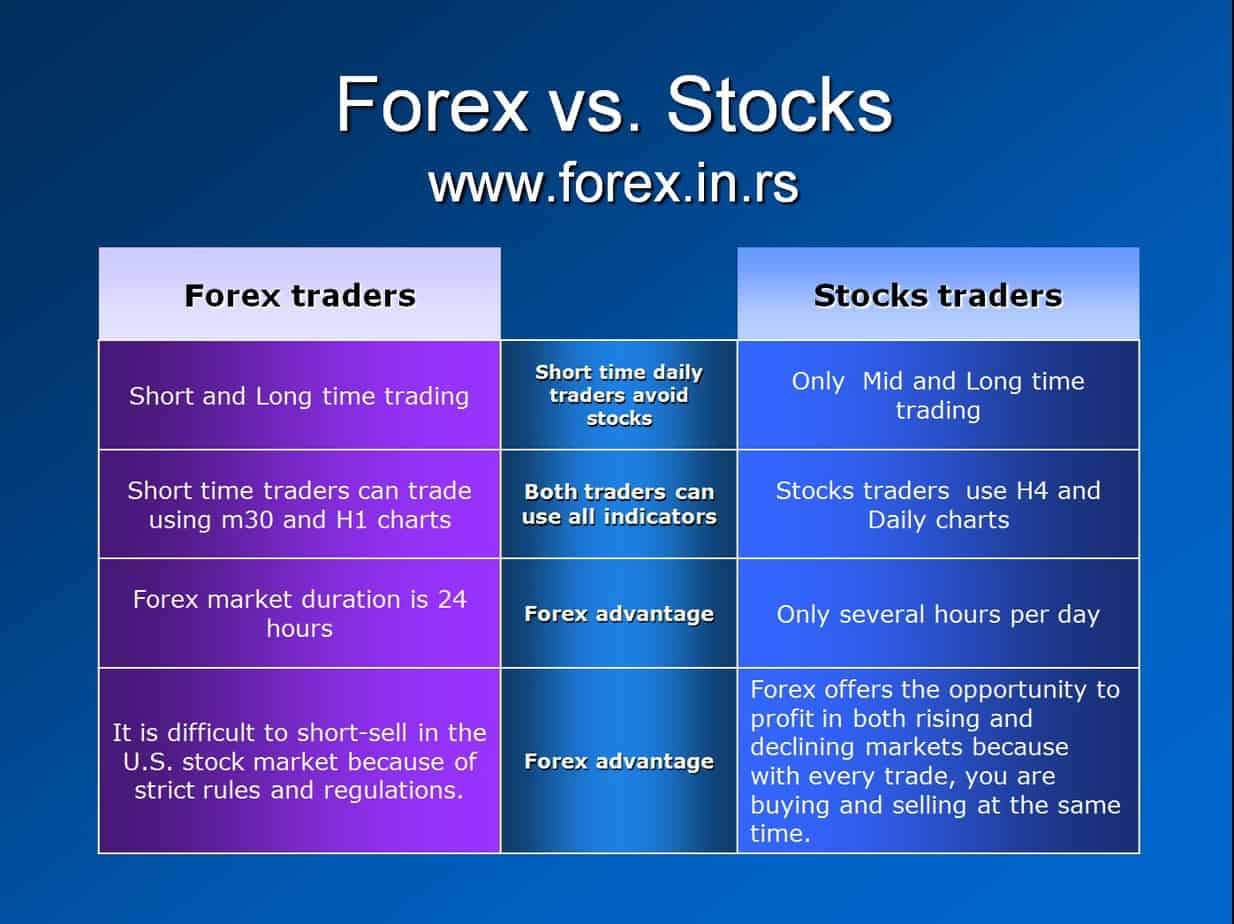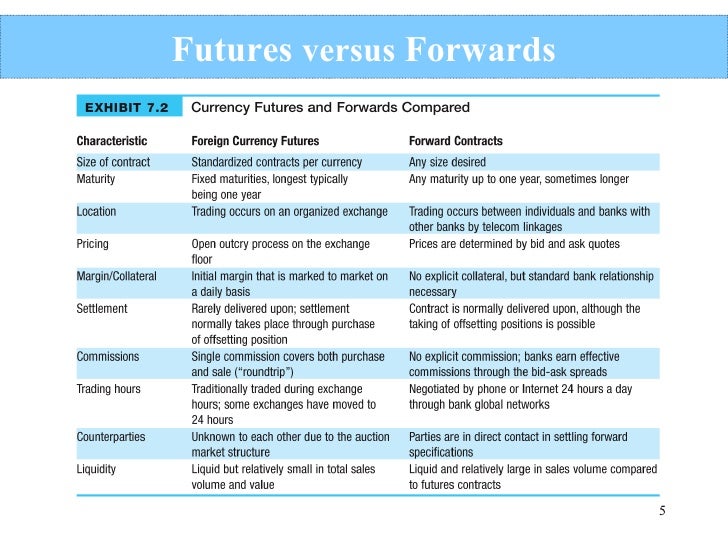Foreign currency options vs futures
Options and futures contracts can both be exciting trading opportunities to forex traders, but it is important to know the differences between these two securities and when they should be used.
For starters, it might help to review some basics. Options and futures are both derivatives, financial instruments designed to help participants either increase or decrease risk. While these can help investors meet their objectives, securities certainly do not provide a guarantee of success. As we review the differences between options and futures, it might help to start by detailing the most basic difference between the two.
An option grants the contract holder the ability to either buy or sell an underlying asset for a specific price within a predetermined time frame. In contrast, a futures contract obligates two parties to make an exchange at a certain time. One key difference is that an option provides the contract holder with rights, while a futures contract obligates the two sides to make a transaction. Options contracts include an underlying asset, a specific quantity of that asset, a strike price and an expiration date.
The strike price dictates the price at which the holder can buy or sell the underlying asset, while the expiration date specifies how much time the holder has to make the aforementioned transaction.
In contrast, futures contracts contain more information. They indicate the underlying asset, contract size, the settlement method, the delivery date and the settlement price. In addition, these contracts are required to provide a minimum price increment and also a tick value, which indicates the smallest price movement they can experience.
Futures always trade on exchanges, while options can trade both on and off exchanges. Investors trade futures on a short list of marketplaces including the Chicago Board of Options Exchange, the New York Mercantile Exchange and the Kansas City Board of Trade.
At this point, almost all futures trading is done electronically. For many years, these transactions were handled in futures trading pits, where traders used verbal communication and hand signals to make trades.
These were referred to as open outcry trading methods. In February , exchange operator CME Group announced that by July 2 of that year, it would close down the majority of its open outcry trading pits in Chicago and New York. Later that year, the exchange operator pushed this deadline back to July 6, Commodity Futures Trading Commission. Once these steps have been taken, they have a bilateral contract. Many investors appreciate using this approach, as it grants them the ability to customise the terms of each contract.
With this flexibility, they may find it easier to manage risk effectively. Another key difference between options and futures is the risk they carry. If a trader purchases an options contract, the most he can lose is the initial investment plus any transaction costs. Should he sell covered calls, or call options on assets he owns, his loss is limited to the appreciation of the underlying securities minus the premium gained by writing the calls. However, the holders of a futures contract are obligated to participate in the agreed-upon exchange.
While trading futures contracts can help participants manage risk, it can also cause them to experience significant financial loss. However, should wheat plunge in value, the broker could suffer major losses.
Knowing the basics of these investments inside and out is essential.

Once you have built the proper foundation by learning about the basics, training with a practice account can be highly beneficial for developing familiarity with placing, following and closing trades, for example. Leverage can work against you.
Be aware and fully understand all risks associated with the market and trading. Prior to trading any products offered by Forex Capital Markets Limited , inclusive of all EU branches, FXCM Australia Pty.
Difference Between Foreign Currency Options & Futures | Our Everyday Life
Limited , any affiliates of aforementioned firms, or other firms within the FXCM group of companies [collectively the "FXCM Group"], carefully consider your financial situation and experience level.
If you decide to trade products offered by FXCM Australia Pty. Limited "FXCM AU" AFSL , you must read and understand the Financial Services Guide , Product Disclosure Statement , and Terms of Business. The FXCM Group may provide general commentary which is not intended as investment advice and must not be construed as such.
Seek advice from a separate financial advisor.
What is the difference between options and futures?
The FXCM Group assumes no liability for errors, inaccuracies or omissions; does not warrant the accuracy, completeness of information, text, graphics, links or other items contained within these materials. The FXCM Group is headquartered at 55 Water Street, 50th Floor, New York, NY USA. Forex Capital Markets Limited "FXCM LTD" is authorised and regulated in the UK by the Financial Conduct Authority. Registered in England and Wales with Companies House company number Limited "FXCM AU" is regulated by the Australian Securities and Investments Commission, AFSL FXCM Markets Limited "FXCM Markets" is an operating subsidiary within the FXCM Group.

FXCM Markets is not regulated and not subject to the regulatory oversight that govern other FXCM Group entities, which includes but is not limited to, Financial Conduct Authority, and the Australian Securities and Investments Commission.
FXCM Global Services, LLC is an operating subsidiary within the FXCM Group. FXCM Global Services, LLC is not regulated and not subject to regulatory oversight. Market Insights Currency Markets Commodities Trading Glossary. What Is The Difference Between Options And Futures?
Rights As we review the differences between options and futures, it might help to start by detailing the most basic difference between the two. Basic Contractual Differences Options contracts include an underlying asset, a specific quantity of that asset, a strike price and an expiration date. Trading Futures always trade on exchanges, while options can trade both on and off exchanges. Risk Another key difference between options and futures is the risk they carry.
Introduction To Futures Trading. FXCM Financials Regulation Code of Conduct. Past Performance is not an indicator of future results. Retrieved 30 November http: